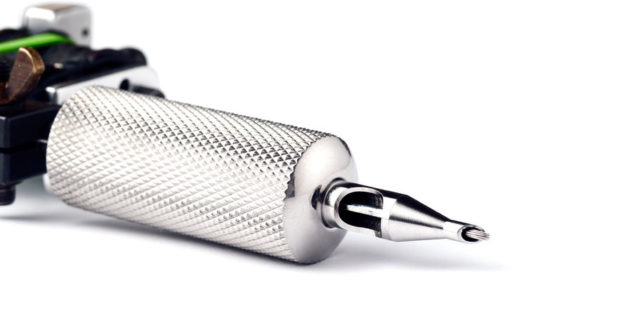Tattoos have become increasingly common among adults of both genders; a poll conducted in late 2015 found that nearly a third (29%) of US adults had at least one tattoo on their body. The main drawback of this form of expression is that some people come to regret their tattoo choices later in life. Aside from buyer’s remorse, new research suggests that tattoos might trigger allergic reactions.
Leaving a Mark
The study in question was authored by a team from New York University (NYU), and based its conclusions on the answers of 300 tattooed New Yorkers. Roughly 10% of those surveyed suffered adverse reactions after getting inked. The impact of these reactions varied, as did their intensity; some respondents encountered problems that lasted for a short amount of time, including swelling and itchy skin.
Alternatively, other participants developed side effects that persisted for years. Of the 31 individuals who experienced health issues, 18 suffered chronic problems. Despite the prevalence of tattoo-related skin reactions, the authors found that only a small number of side effect sufferers sought medical treatment.
A Widespread Issue?
This study raises an important question; assuming these figures are representative of the country as a whole, how many tattooed Americans develop tattoo allergies? The answer might be as high as 25%.
The reason for these allergic reactions could be due to tattoo ink, rather than tattoo equipment. Specifically, red ink caused nearly half (44%) of chronic symptoms, whereas black ink was responsible for a third of such issues. The report’s lead researcher, Marie Leger, stated that she was “totally surprised by these numbers. I see patients with complaints about their tattoos, but I didn’t have any idea how common it was.”
Leger contends that effects of tattoo ink merit further study. Such efforts, however, are currently “hindered” by “lack of a national database or reporting requirements.” In the meantime, those experiencing allergic reactions from tattoos are advised to seek professional medical help as quickly as possible.
 Natural Knowledge 24/7 Educate yourself with nutrition, health and fitness knowledge.
Natural Knowledge 24/7 Educate yourself with nutrition, health and fitness knowledge.






